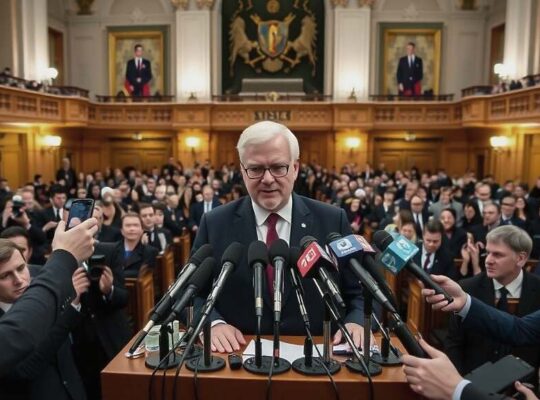Berlin is reportedly edging towards a significant compromise regarding the planned combustion engine ban, potentially phasing out plug-in hybrid vehicle registrations after 2035. According to sources within government circles, cited by POLITICO’s industry and climate newsletters, a tentative agreement between the Chancellery and the Federal Environment Ministry proposes allowing only range-extender models and vehicles utilizing synthetic ‘e-fuels’ to be newly registered beyond that date.
This shift represents a partial concession to pressure exerted by France and Spain during the recent EU Environment Council meeting, where those nations advocated for stricter limits on hybrid technology. The move, however, is drawing sharp criticism from German states and the domestic automotive industry, both of which have consistently championed the continued viability of plug-in hybrids.
The potential alteration to the original combustion engine phase-out plan marks a considerable turnaround, reversing earlier indications that hybrids and range-extenders might be permitted to remain on the market past 2035. This U-turn highlights the increasingly complex political maneuvering surrounding the EU’s climate objectives and the push for electric vehicle adoption.
Despite the reported progress, the agreement remains provisional. Crucially, coalition building within the German government is far from complete. A consensus has yet to be reached with the Christian Social Union (CSU) and its leader, Markus Söder, who represent a significant voice within the ruling coalition and likely advocate for a more lenient approach.
Furthermore, Berlin’s stance on proposed “local content” regulations, first suggested by Madrid and Paris to ensure European manufacturers benefit from the shift to electric vehicles, remains unclear. The adoption (or rejection) of such rules will have profound implications for both the German automotive sector and the wider European economy, injecting further complexity into the already fraught negotiations. Analysts suggest the internal divisions and external pressures demonstrate the ongoing struggle to balance stringent climate goals with Germany’s powerful industrial lobby and the coalition’s political stability.












